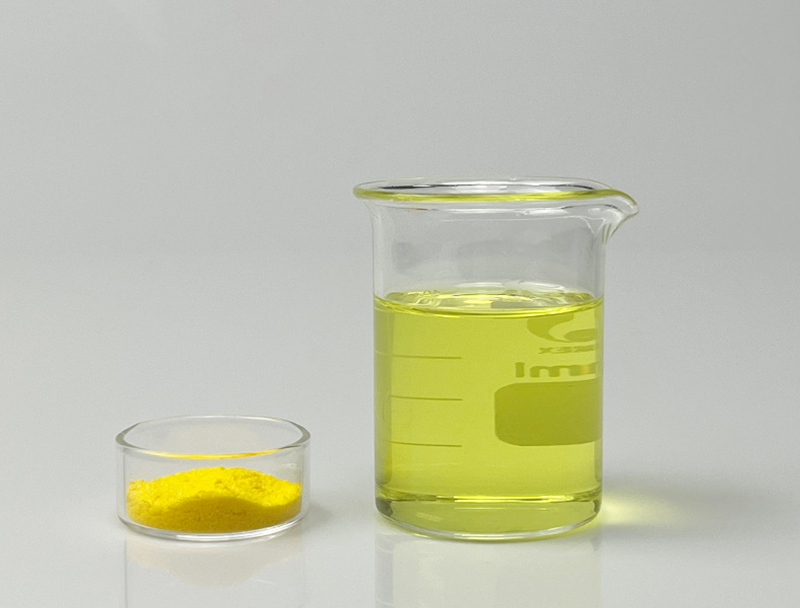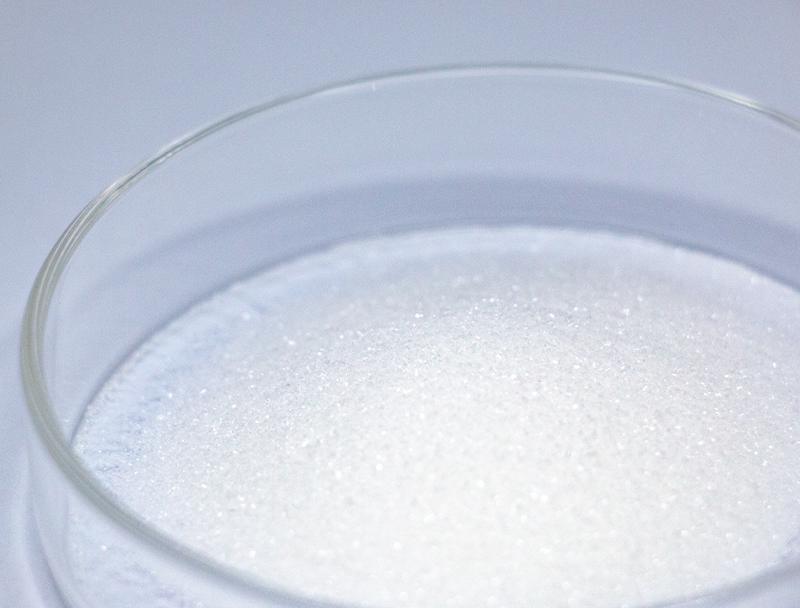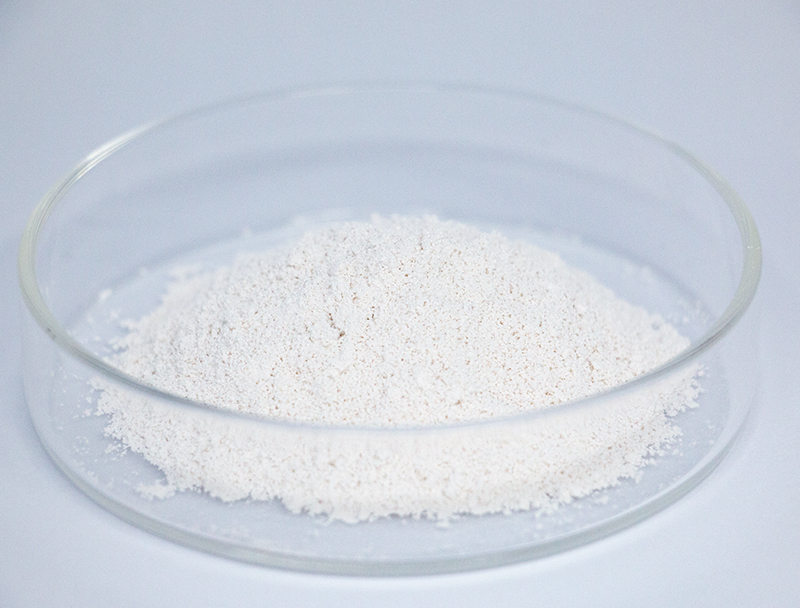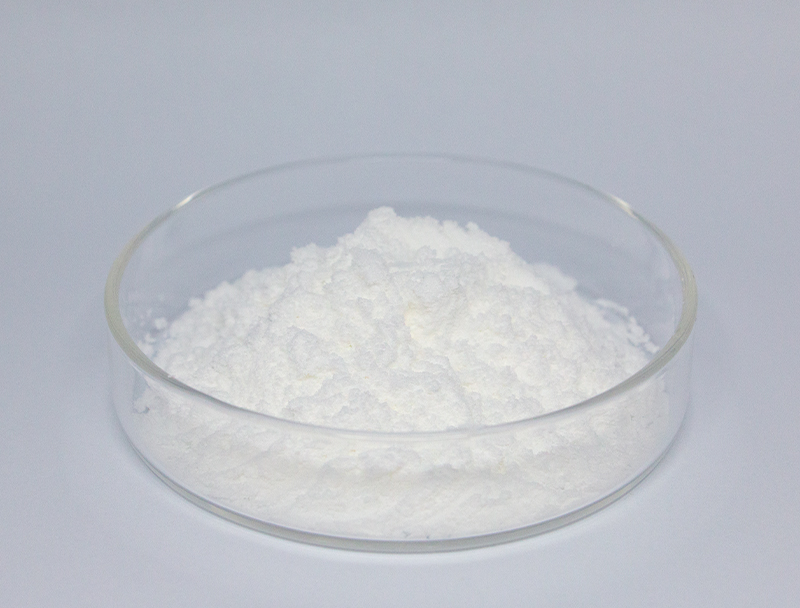
Industrial biosynthesis counts extensively on a vast array of feedstocks for fabricating next-generation bio-products.
Securing ethical acquisition of feedstocks dictates persistent stability and principled industry advancement.
numerous problems stemming from established sourcing methods including biodiversity loss and excessive resource use. Consequently, biotech firms need proactively to adopt sustainable procurement approaches to reduce environmental impact.
- Representations of ethical supply approaches are:
- Using repurposed agricultural residues as substrates
- Establishing regenerative loops to cut waste and elevate material utilization
- Building relationships with nearby vendors dedicated to moral sourcing
Shifting to ethical sourcing drives environmental value and long-term commercial viability.
Improving Biomass Inputs to Boost Biofuel Yields
Enhancing biofuel output is grounded in superior feedstock characteristics. Experts maintain efforts to discover ways to maximize feedstock value, creating higher productivity and an eco-friendlier fuel landscape. Efforts pair genetic enhancement for feedstock abundance with advanced pretreatment to produce usable sugars.
- Concurrently, efforts examine seaweed, industrial byproducts, and crop residues to increase the variety of renewable feedstock alternatives for fuel production.
- As a result of relentless efforts the industry should deliver significant enhancements paving a path to sustainable energy.

Optimizing Early-Stage Biomanufacturing Processes
spans early manufacturing steps including propagation and cell separation Contemporary breakthroughs have refined protocols and elevated product throughput.
Salient improvements involve specialized expression hosts, fine-tuned media strategies, and next-gen bioreactor concepts. These advances improve throughput while lowering both operational expenses and ecological footprints.
- Also, evolving practices favor continuous flow processing which supports more agile upstream control.
- Embracing sophisticated manufacturing strategies is poised to change industry norms and shorten development cycles.

Advances in Gene Editing to Boost Therapeutic Production
improvements in molecular editing platforms like CRISPR have updated therapeutic production processes. Through controlled genetic modifications, practitioners increase therapeutic protein production. The strategy paves the way toward accessible, high-yield therapeutics across disease spectra.
Microbial Solutions for Greener Bioremediation Practices
promising microbial strategies enabling effective environmental cleanup and restoration. Microbial communities can biotransform hazardous materials into lower-risk substances. Applying microbial remediation systems creates low-impact cleanup options that address contamination efficiently.. Analysts explore microbial consortia for targeted removal of metal toxins, pesticide residues, and petroleum contaminants.. Such organisms are usable in treatment systems or applied directly to soils and waters to drive biodegradation of contaminants..
Microbial remediation approaches present key benefits relative to classic remediation methods. The approach tends to lower treatment costs and avoids producing toxic residuals. Furthermore, microbial solutions are highly specific, allowing for the remediation of particular pollutants without disrupting the broader ecosystem. The field is rapidly refining methods to make microbial remediation more efficient and broadly effective.
Bioinformatics Tools Transforming Drug R&D
Bioinformatic tools play an increasingly crucial role in the modern landscape of drug discovery and development. By analyzing biological data to select and improve leads, computational methods support efficient drug development.
- Via examination of genomic, proteomic, and clinical datasets, researchers pinpoint targets and project drug activity.
- Concurrently, virtual screening and simulation shape the development of more effective therapeutics.
- In the end, informatics-driven methods streamline development and accelerate delivery of therapeutic solutions to patients.
Pathway Engineering for Greater Bioproduct Yields
applies assorted techniques to boost microbial synthesis of valuable compounds. Methods might combine targeted gene changes to rechannel flux, regulatory element design to control expression, and exogenous gene introduction to provide fresh capabilities.. Through strategic metabolic edits practitioners can markedly increase the synthesis of target products.
This broad strategy is positioned to innovate sectors including pharmaceuticals, crop science, and bioenergy.

Barriers and Benefits When Expanding Biopharmaceutical Manufacturing
Large-scale manufacturing brings notable difficulties together with growth opportunities. One major challenge is maintaining consistent product quality at increased scales. Managing it necessitates robust automation, high-fidelity monitoring, and powerful analytical capabilities.

Process intricacy spanning various stages creates significant scale-up complexities.. Translating lab methods into scalable operations needs heavy research and technology breakthroughs.. Nonetheless, the advantages can be major. Proper scaling can increase therapy supply, reduce expenses, and elevate profitability.
Several projects are designed to mitigate these scaling barriers. These include the development of new technologies for process optimization, advanced analytics for real-time monitoring and control, and innovative manufacturing strategies.
- Innovation programs are essential to expand production competencies.
- Authorities are revising processes to enable faster clearance of manufacturing innovations and encourage progress.
Charting Regulatory Pathways for Biologics to Safeguard Patients
The development of biopharmaceuticals is a complex process that requires stringent regulatory oversight to ensure both patient safety and product efficacy. Biologically based treatments require tailored oversight and production controls beyond those for typical medicines.
Agencies like FDA and EMA develop frameworks and criteria for validating and approving cutting-edge biotherapies..
Strict validation and testing steps are required across the product lifecycle from lab studies to post-market oversight.. Those requirements help reveal risks and confirm that biologics satisfy stringent safety criteria..
Also, governing institutions evolve their strategies to respond to swift advances in biopharmaceutical science.. Actions include accepting new technologies and streamlining development channels while safeguarding patient health.

Plant-Derived Inputs for Next-Gen Bioplastics
The rising demand for eco-friendly materials fuels R&D on bio-based alternatives. Plant-origin feedstocks converted into bioplastics create promising opportunities for eco-friendly materials. Sources like cornstarch, cellulose fibers, and sugarcane biomass can transform into compostable plastics that decompose and reduce pollution.
In addition, certain bioplastics match performance of petroplastics, enabling broad applicability in multiple sectors.. Further innovation is required to mature plant-based bioplastics for broad adoption and circular economic models.
Biotechnology's Impact on Global Health and Food Security
Emerging biotechnologies deliver avenues to improve health outcomes and secure food resources. Through advancements in genetic engineering, synthetic biology, and cell therapies, biotechnologists are developing innovative solutions to combat infectious diseases, improve crop yields, and enhance NMN nutritional value.. One example is bioengineered crops that withstand pests and stressors, enabling higher yields with less pesticide input.. Concurrently, biotechnology drives development of immunotherapies, antibiotics, and diagnostics that play a key role in controlling diseases and improving health metrics. As research progresses, biotechnology holds immense promise for creating a healthier and more sustainable future for all.
